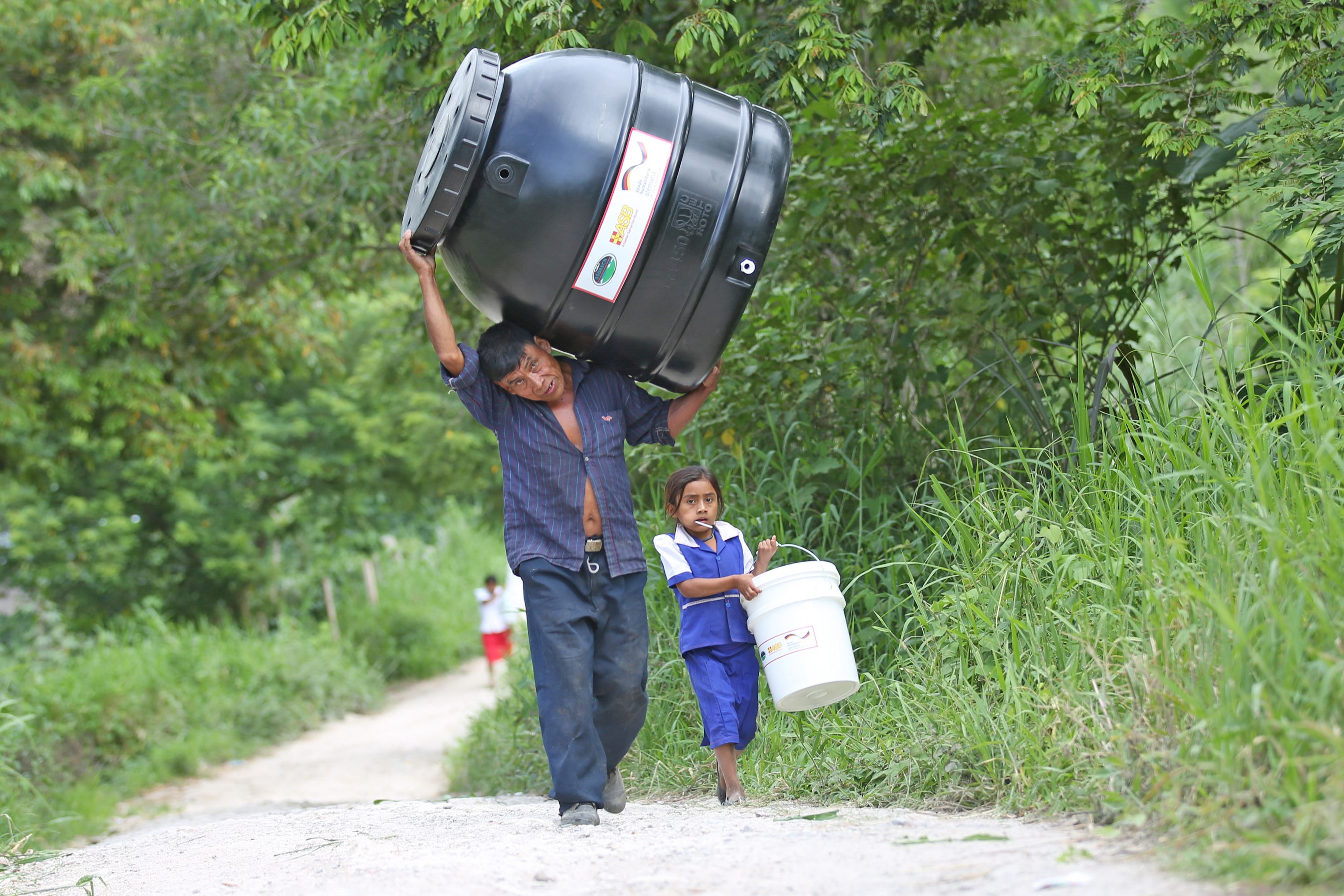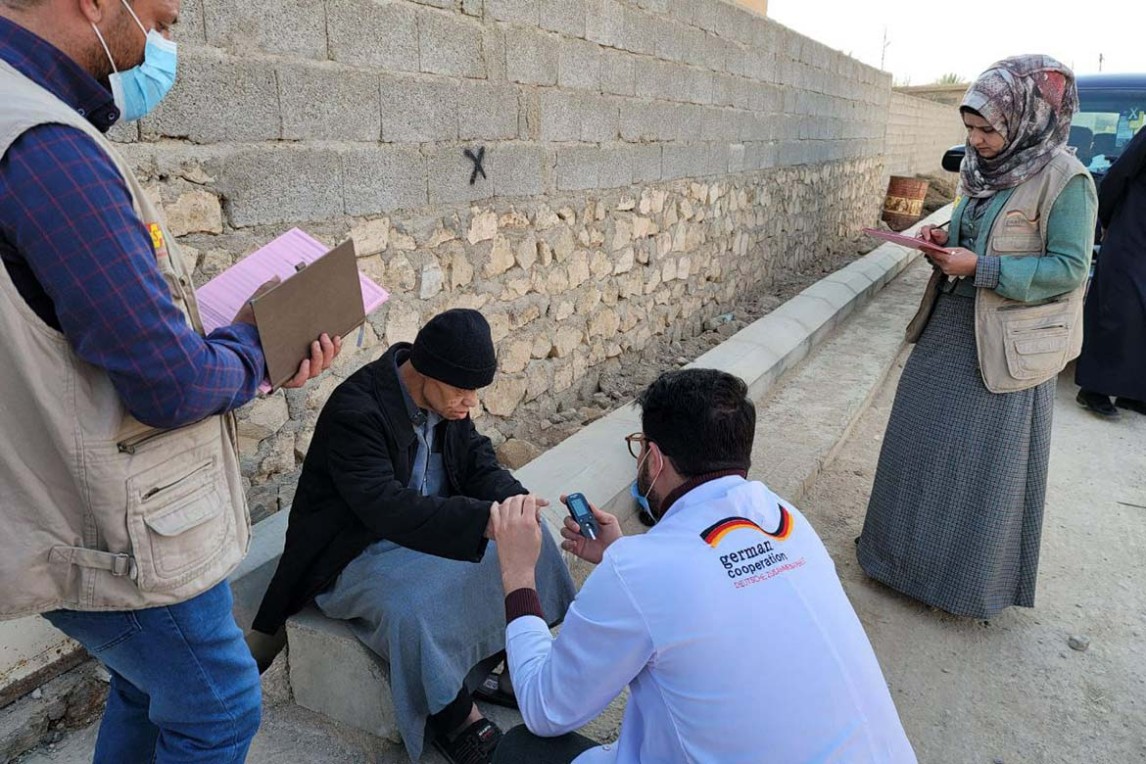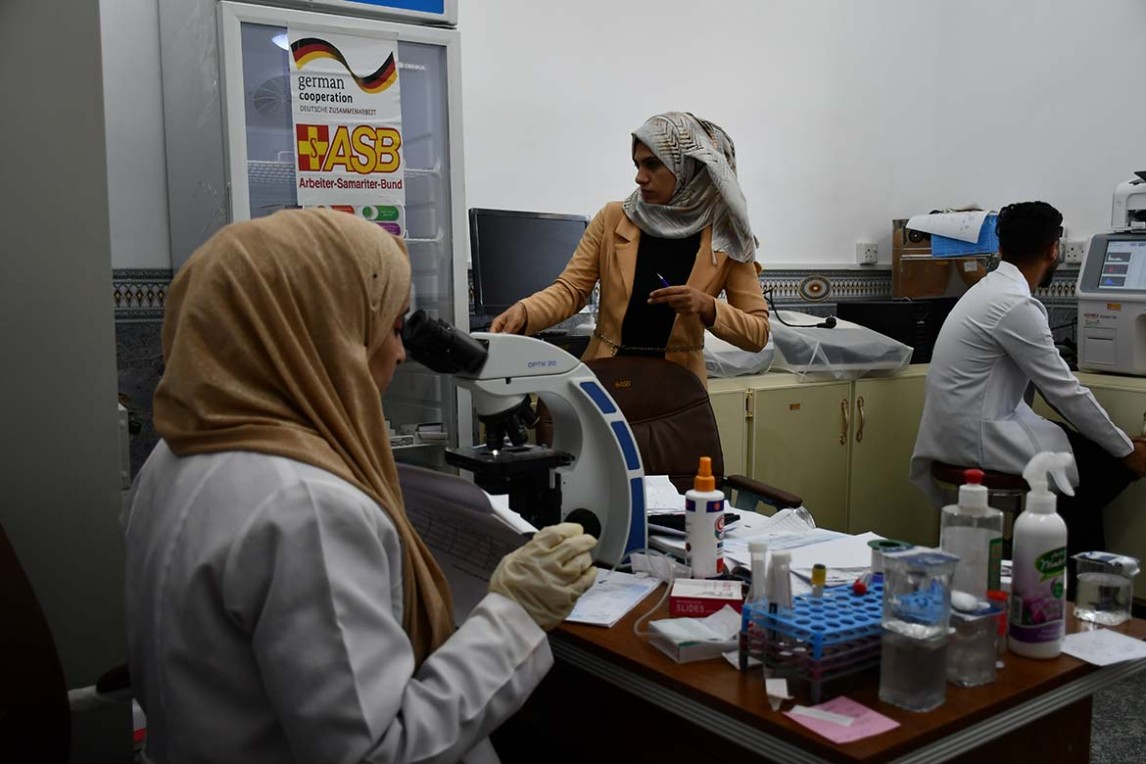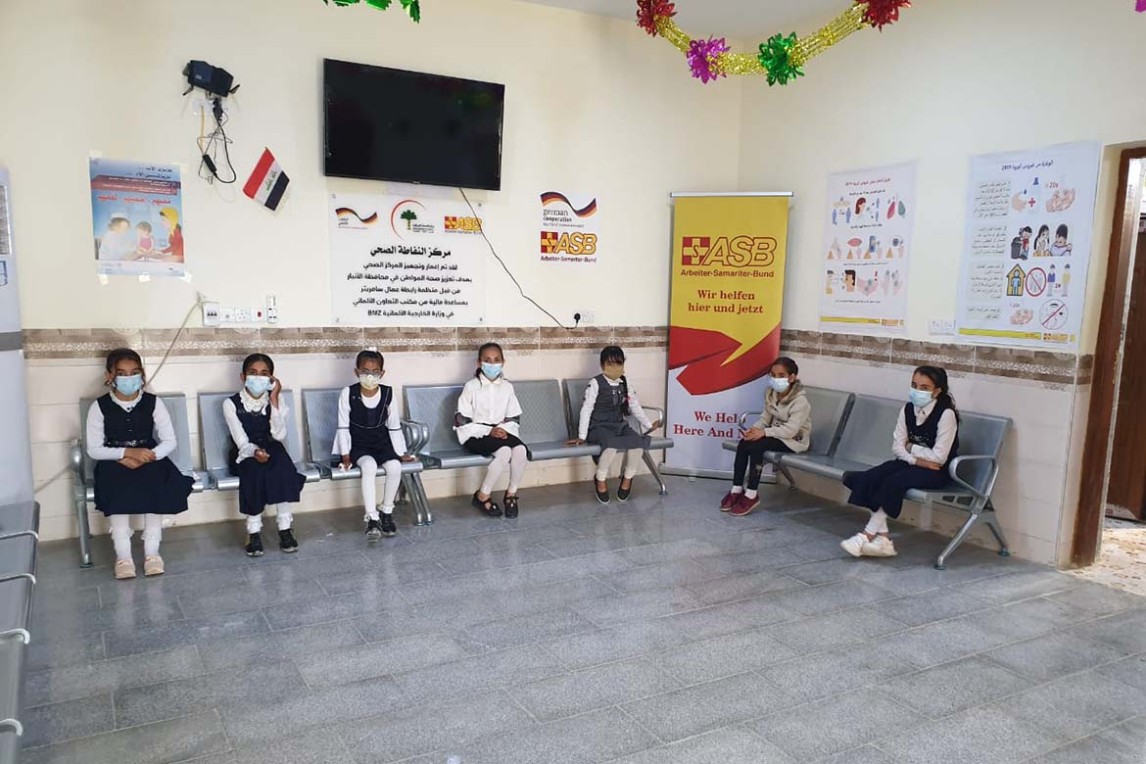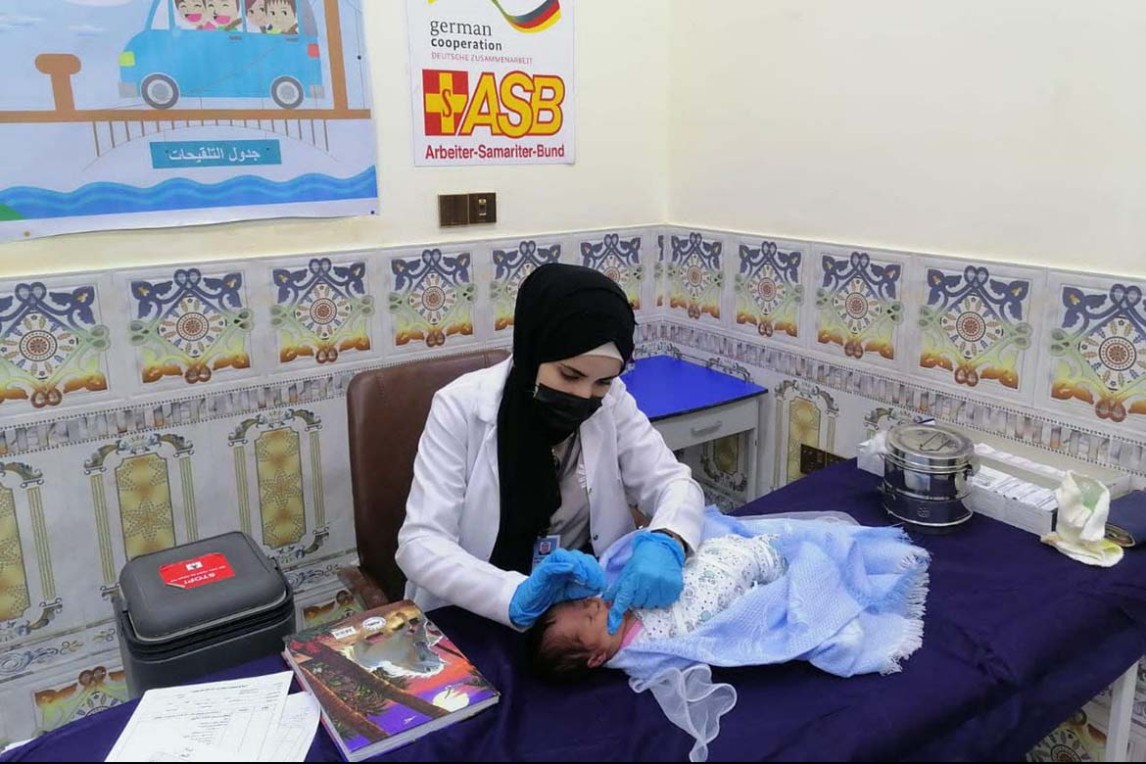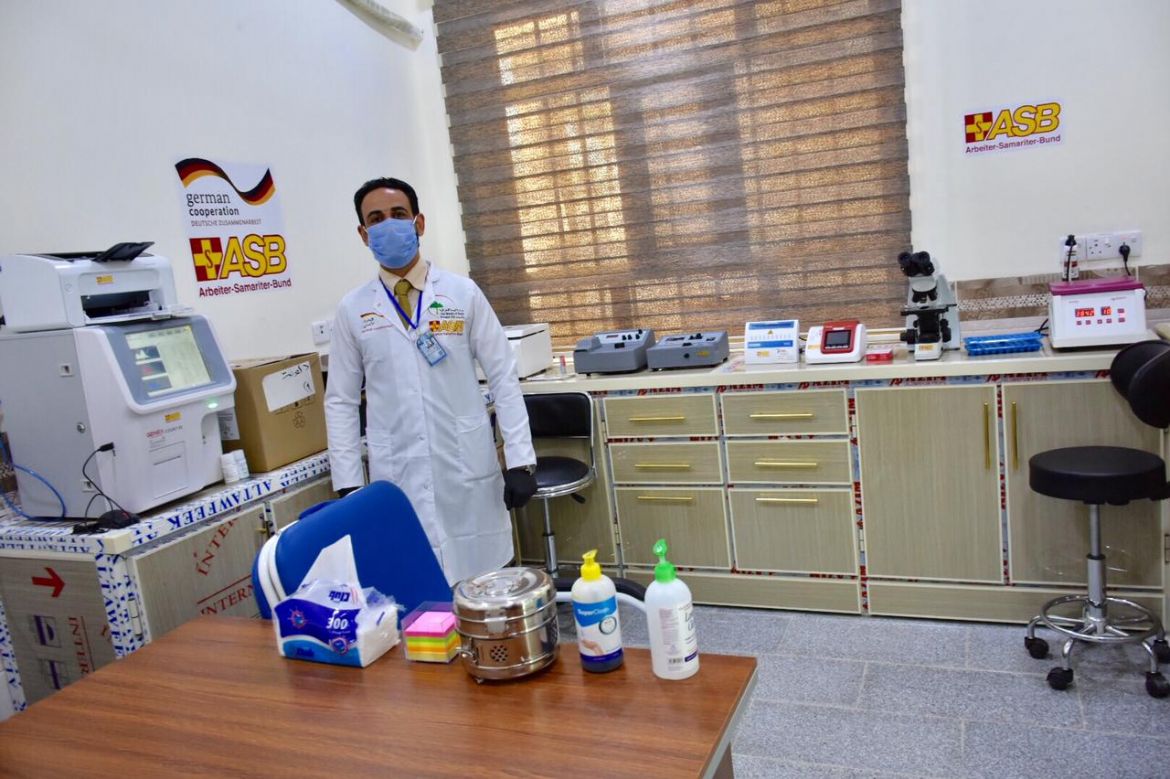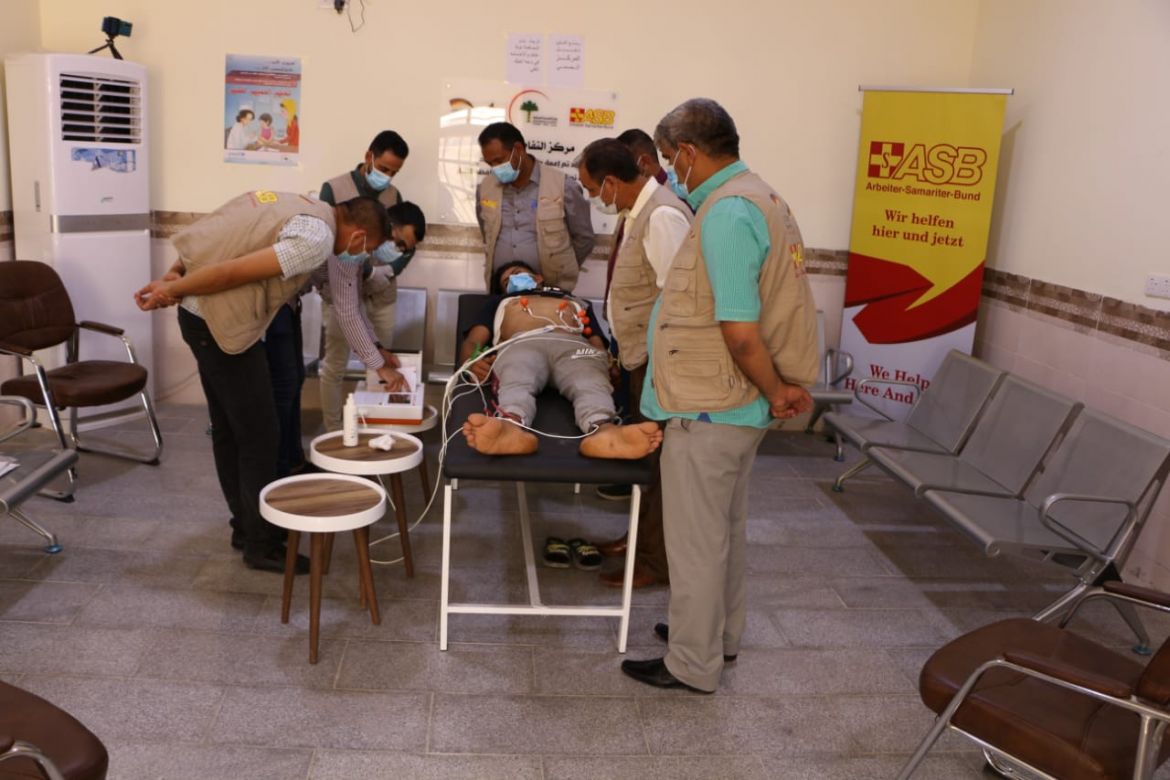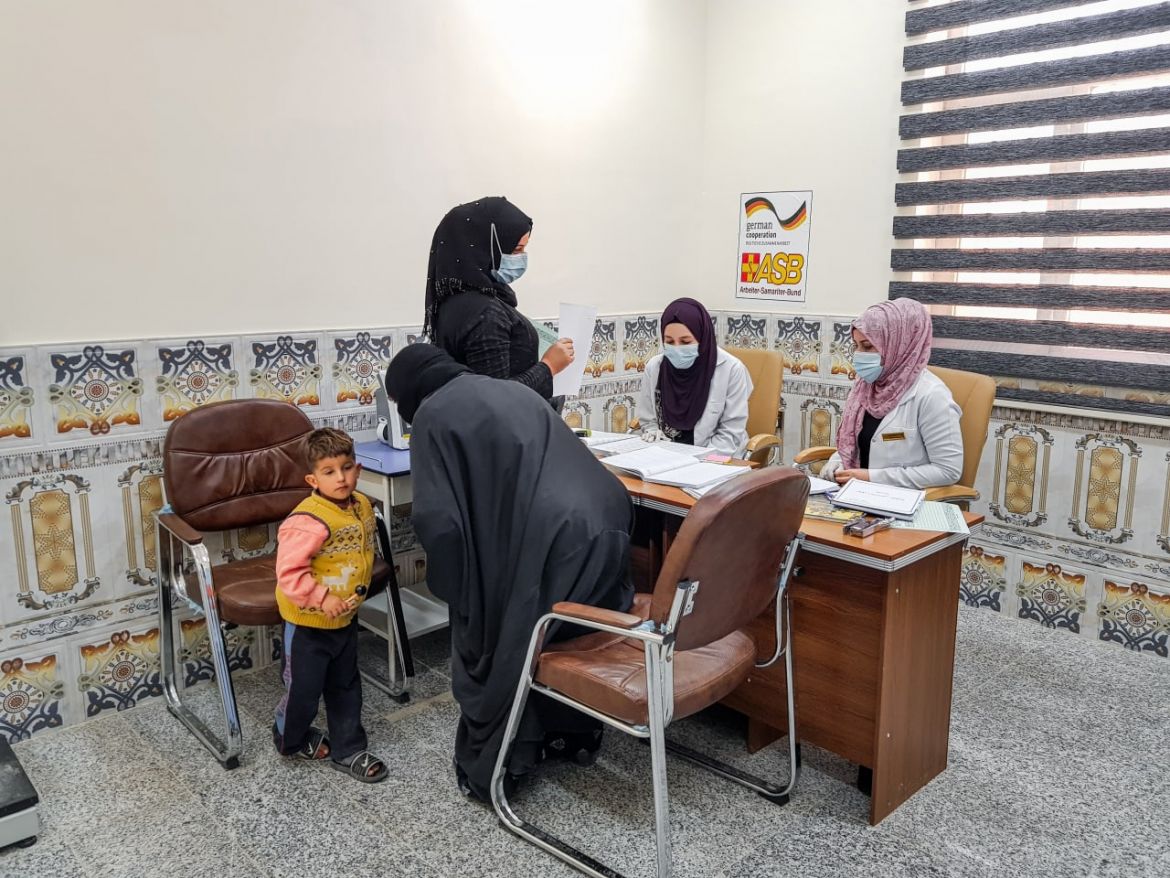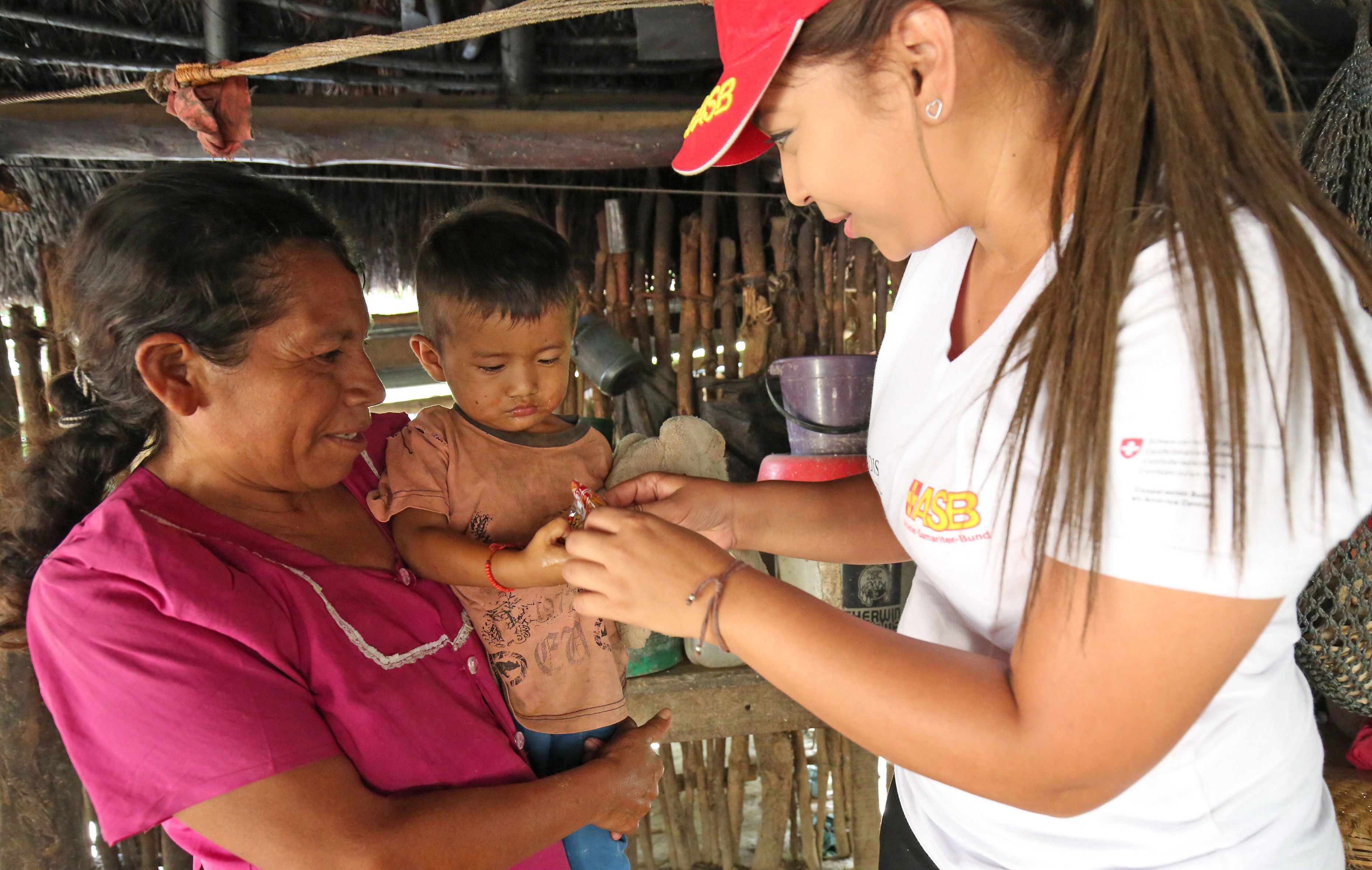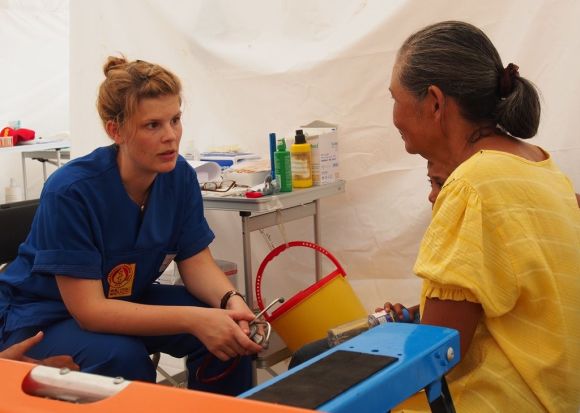-

Project title: Sustained improvement of the healthcare system in underserved regions of Anbar province
-

Project region: Anbar province, Qaim, Heet, Ramadi districts , Al-Qaim, Al Karabilah, Al Baghdadi, Al Jazeera sub-districts
-

Project volume: € 3.37 million
-

Financing: BMZ transitional aid
-

Duration: 08/10/2019 - 31/12/2022
-

Target group: People living in the catchment area of four health centres (residents, returnees, internally displaced persons, women of reproductive age, children, the elderly, people with disabilities, people living in poverty) and one hospital in Al Qaim, community-based civil society organisations, trainees (youths and young adults) in healthcare professions
